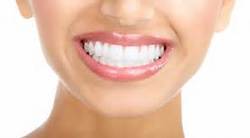
Teeth whitening techniques have been well evaluated over the years, and the results obtained both in the dental office and at home are virtually guaranteed. Rest assured the dental professionals who manufacture whitening products have worked hard to ensure product safety and effectiveness. Keep in mind, however, that there are minor side-effects. There are often three areas of concern after whitening treatment: the gums (or gingiva), the teeth themselves and dental restorations. The extent to which you experience problems in any one of these areas depends on the type of treatment you receive, at-home or in-office. To learn more about these 3 potential areas of concern, click here to read the entire article published by Colgate or talk with Dr. Brandhorst during your dental appointment.

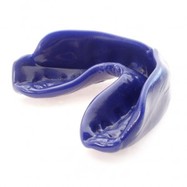



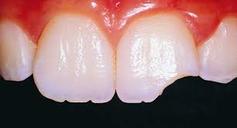
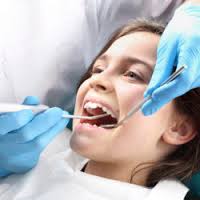
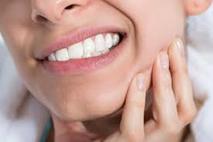
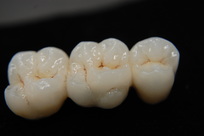

 RSS Feed
RSS Feed
